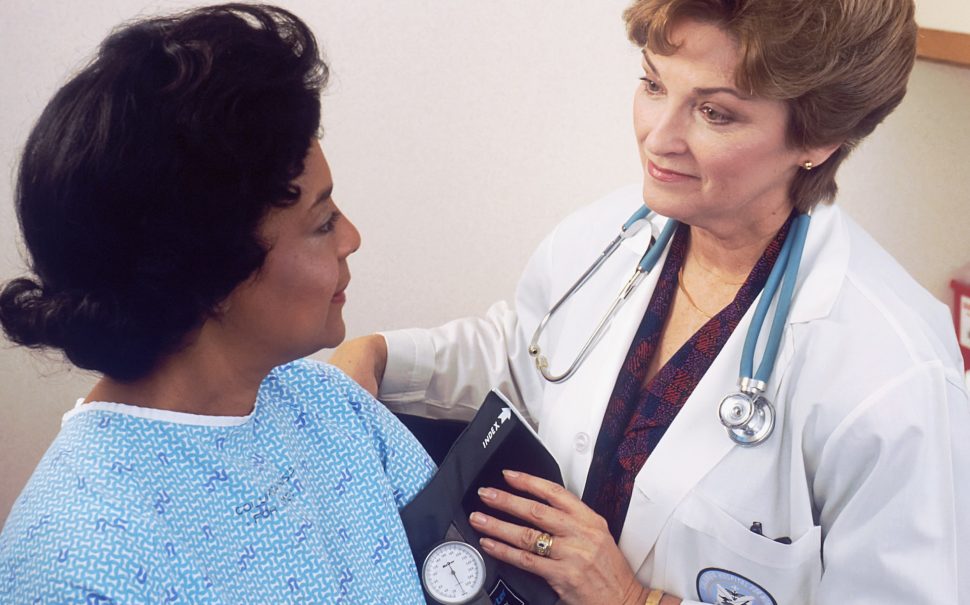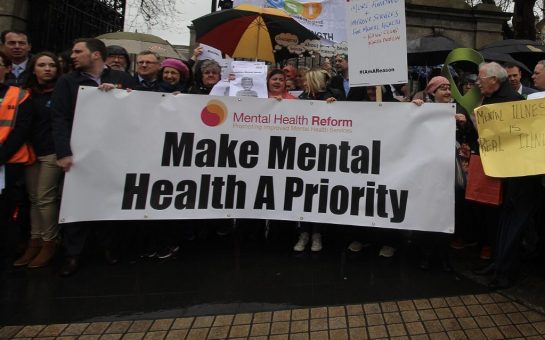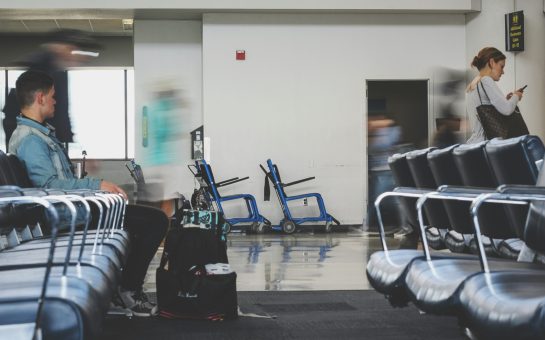Data collected by the NHS reveals that the percentage of cancers diagnosed at stages one and two is lower in areas with higher deprivation.
In the least deprived areas of England, the diagnosis of stage one and two cancers is at 55%, while in the most deprived areas the diagnosis for stage one and two is only 47%.
Kruti Shrotri, Head of Policy Development at Cancer Research UK, said: “These statistics are a stark reminder of the inequalities we face in this country.
“For almost all cancers earlier diagnosis is the best way of improving cancer survival.
“So, this distinction where people from more deprived groups are being diagnosed later is really concerning.
“You shouldn’t be less likely to survive your cancer just because you come from a deprived area.”
Later cancer diagnosis can significantly reduce a person’s chance of survival.
The graph below shows the difference in the one-year net survival for selected cancers from the different stages.
*For some stage 1 & 2 cancer patients their net survival is greater than 100% which means there are fewer deaths among this cohort compared to the general population.*
Across all nine of the cancers selected, there is a dramatic reduction in the survival rate of individuals between stage one and stage four.
The largest difference revealing both men and women are 66% less likely to survive a year with stage four lung cancer.
Shrotri said: “Cancer survival in the UK lags behind that of comparable countries and it’s simply not good enough.
“If we want to dramatically improve survival for those in the country, we have to be diagnosing more cancers earlier.
“This should be for everyone. Nobody should be left behind because of their socio-economic background.”
Shrotri explained that the NHS is aiming to diagnose 75% of cancers at stage one and two by 2028 but it is very off track to do that, with the pandemic having a serious impact.
The NHS revealed that as well as cancer diagnosis at stage one and two being 8% lower in the most deprived areas of the country, diagnosis across the country fell by 2% from 54% in 2019 to 52% in 2020.
Shrotri was working during the pandemic, and she said it was devastating to see the impact that the halting of services had on people with cancer.
She added: “Cancer waiting times are currently the worst on record with people waiting longer than ever for diagnosis and treatment.
“One in two of us born in the UK are going to get cancer in our lifetime so the problem is only going to grow unless something transformative is done.”
According to Cancer Research UK, the reason people from the most deprived areas are less likely to get an early cancer diagnosis is because they seem be less aware of cancer symptoms.
They also reported significant barriers preventing them from getting the appropriate care when they do try to seek help.
Shrotri said: “The government needs to do more for cancer patients.
“We need targeted campaigns to raise awareness of cancer signs and symptoms and we need to address those barriers which are stopping those from lower socio-economic backgrounds from coming forward.”





